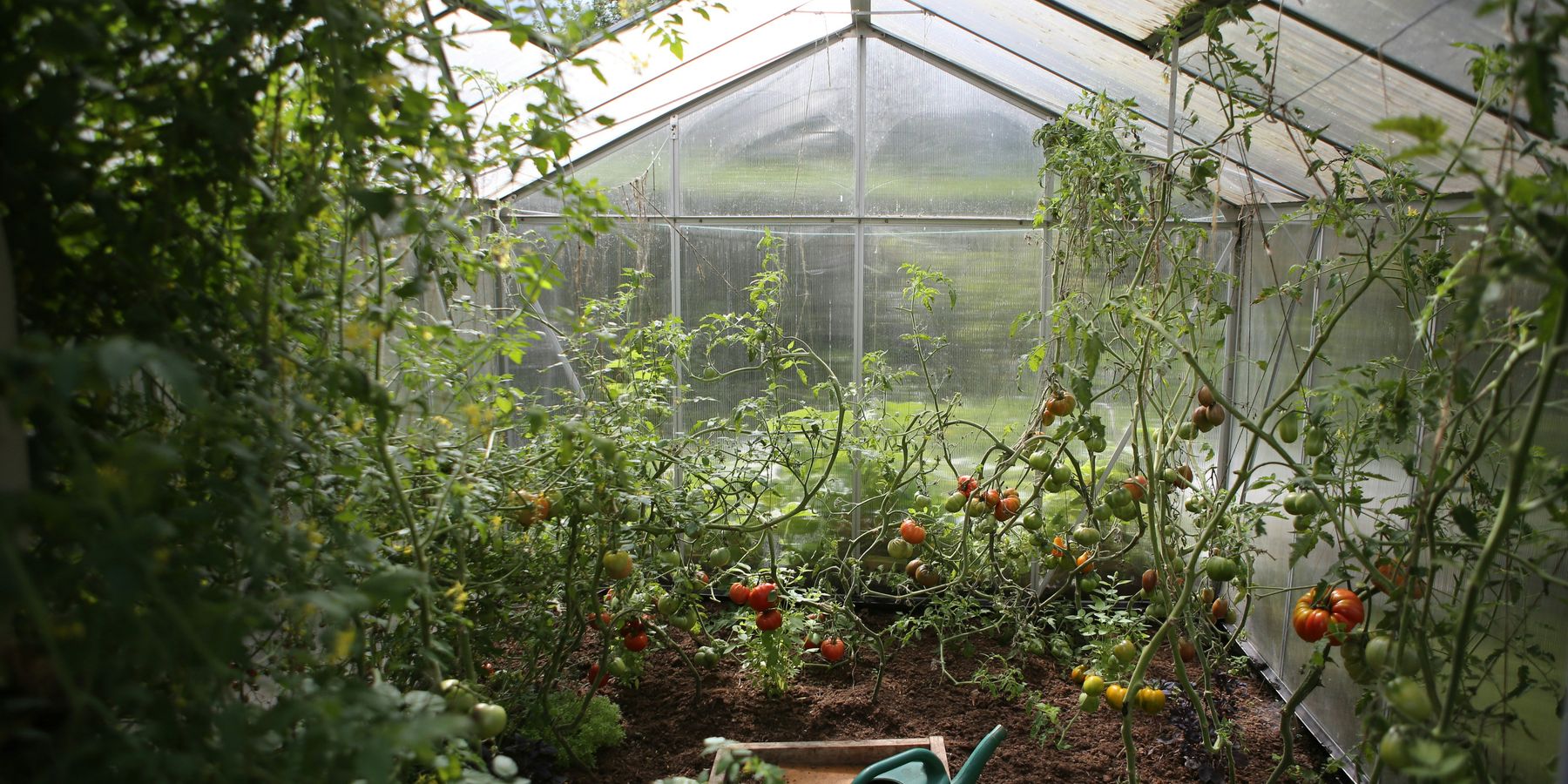
Geothermal energy fuels Colorado greenhouses that grow food through winter
In Pagosa Springs, Colorado, a nonprofit is using underground heat from a natural hot spring to operate greenhouses that grow produce year-round, even in freezing temperatures.
Samuel Gilbert reports for The Washington Post.
In short:
- The Geothermal Greenhouse Partnership in Colorado uses naturally hot water from a town-owned well to heat greenhouses, supporting local food production despite harsh winters.
- Geothermal greenhouses, unlike conventional models powered by fossil fuels, significantly reduce carbon emissions and energy costs by recycling Earth’s natural heat.
- Although geothermal systems can cut heating costs by up to 80%, high installation expenses remain a major barrier to widespread adoption in U.S. agriculture.
Key quote:
“Geothermal greenhouses offer a more sustainable solution by using the Earth’s natural heat directly for warming, greatly reducing overall energy use and carbon footprint.”
— Gina Marie Butrico, co-author of “Greenhouse Agriculture in the Icelandic Food System”
Why this matters:
As climate change intensifies and rural food insecurity grows, the need for resilient, low-carbon agriculture becomes more urgent. Geothermal energy, a stable and renewable source, offers a promising path to heating greenhouses without fossil fuels, cutting emissions while extending growing seasons in cold regions. Yet in the U.S., adoption has lagged due to steep upfront costs and limited policy support. Less than 0.5% of U.S. energy comes from geothermal sources, despite the country’s significant potential, especially in the West. In places like Pagosa Springs, where more than one in 10 residents lack reliable access to food, geothermal greenhouses could become important resources for survival and community health.
Related: Greenhouse expansion unexpectedly cools local climates













